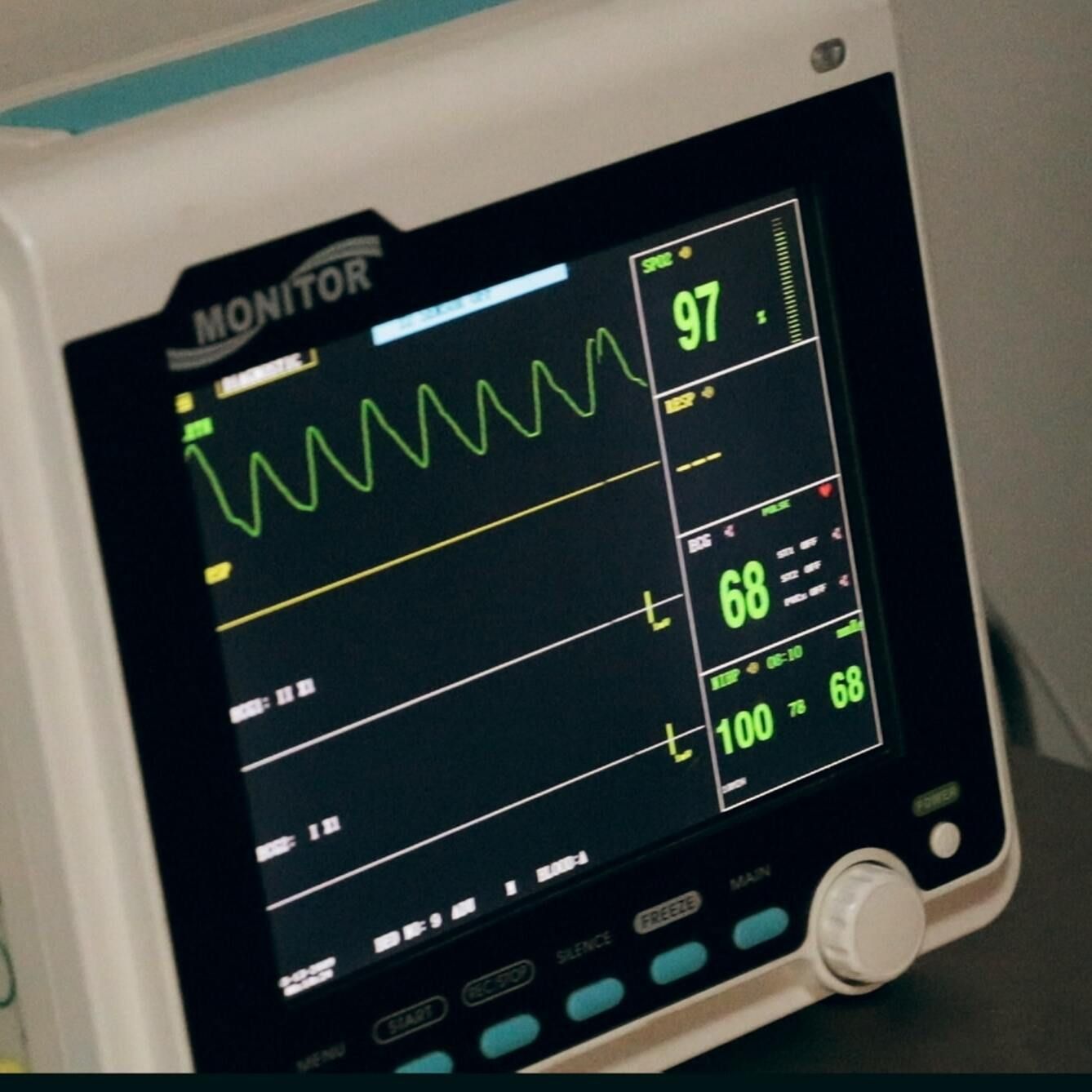New Data Offers Insight into HFrEF Patient Risk, Treatment Potential
Cytokinetics announces presentations on two trials assessing omecamtiv mecarbil in patients with heart failure and reduced ejection fraction.

Real-world heart failure patients that were representative of those enrolled in the Global Approach to Lowering Adverse Cardiac Outcomes Through Improving Contractility in Heart Failure (GALACTIC-HF) Phase 3 trial were considered a high-risk population with significant unmet need, according to a study presented at the Heart Failure Society of America (HFSA) Virtual Annual Scientific Meeting 2020.
The GALACTIC-HF study was an event driven cardiovascular outcomes clinical trial that assessed omecamtiv mecarbil in heart failure patients with reduced ejection fraction.
Investigators from Cytokinetic used de-identified electronic health records from 2006-2016 to conduct an analysis of outcomes in real-word heart failure patients with characteristics similar to the trial population.
Patient records reflected inpatients and outpatients at the Vanderbilt University Medical Center and were separated into 2 cohorts.
The clinical cohort included 3955 patients who matched the eMERGE network phenotype of HFrEF, with a left ventricular ejection fraction (LVEF) ≤ 40%.
A GALACTIC-HF-like cohort included 1541 patients who had matched eligibility criteria of those in trial. These criteria included hospitalizations, medications, laboratory values, and LVEF ≤ 35%.
Thus, about 40% of real-world HFrEF patients from their database had met the eligibility criteria for the GALACTIC-HF trial.
The median age at index data for the clinical cohort was 65, and 61 for the GALACTIC-HF-like cohort. Further, both cohorts were about 66% male and 80% white.
Blood pressure and heart rate were similar between the groups, but the GALACTIC-HF-like cohort demonstrated a higher median N-terminal B-type (NT-proBNP) level (821 pg/m) compared with the clinical cohort (506 pg/mL).
The investigators also noted that comorbidities were slightly higher in the GALACTIC-HF-like group. These comorbidities included chronic kidney disease (31% vs 21% in clinical group) and atrial fibrillation (32% vs 23%).
Higher rates of utilization of cardiac resynchronization or implantable cardioverter defibrillator were also noted in the GALACTIC-HF-like cohort than the clinical group (26% vs. 23%, respectively).
And finally, the heart failure hospitalization rate (per 1000 patient-years) was 396 (95% CI, 350-442) in the GALACTIC-HF-like cohort and 242 (95% CI, 203-280) in the clinical cohort during median follow up of 4.1 and 2.7 years, respectively.
Also presented at HFSA 2020 were results from a post-hoc analysis of the Chronic Oral Study of Myosin Activation to Increase Contractility in Heart Failure (COSMIC-HF) study, a Phase 2 clinical trial that evaluated omecamtiv mercarbil in patients with HFrEF.
These results suggested that the treatment improved right ventricular function in these patients.
Originally, the double-blind study had assessed left atrial and ventricular function in patents with stable, symptomatic heart failure and an LVEF <40%.
All 48 patients were randomly assigned 1:1:1 to receive 25 mg of omecamtiv mecarbil twice daily, 25 mg - 50 mg of the same treatment twice daily with pharmacokinetic-guided dose selection (or PK titration group), or placebo for 20 weeks.
The post-hoc analysis found that patients in the PK titration group demonstrated improved measures of right ventricular function.
These measures included right ventricular systolic ejection time (RV-SET) (P<.001), right ventricular end-systolic area (RV-ESA) (P = .012), and right ventricular outflow tract velocity time integral (RVOT-VTI) (P = .002).
Additionally the analysis showed improvements in measures of right ventricular pulmonary arterial coupling.
“These analyses of real-world patients comparable to those in GALACTIC-HF and who are at high risk of cardiovascular events including hospitalization support the design of our Phase 3 clinical trial to assess the potential of omecamtiv mecarbil in patients with clinical unmet need,” said Fady I. Malik, M.D., Ph.D., Cytokinetics’ Executive Vice President of Research & Development in a statement.
“Additionally, while we have previously reported that treatment with omecamtiv mecarbil improved left atrial and ventricular function in patients in COSMIC-HF, these additional data suggest that right ventricular function may have been improving as well, underscoring a potential for a more comprehensive effect on overall cardiac function.”